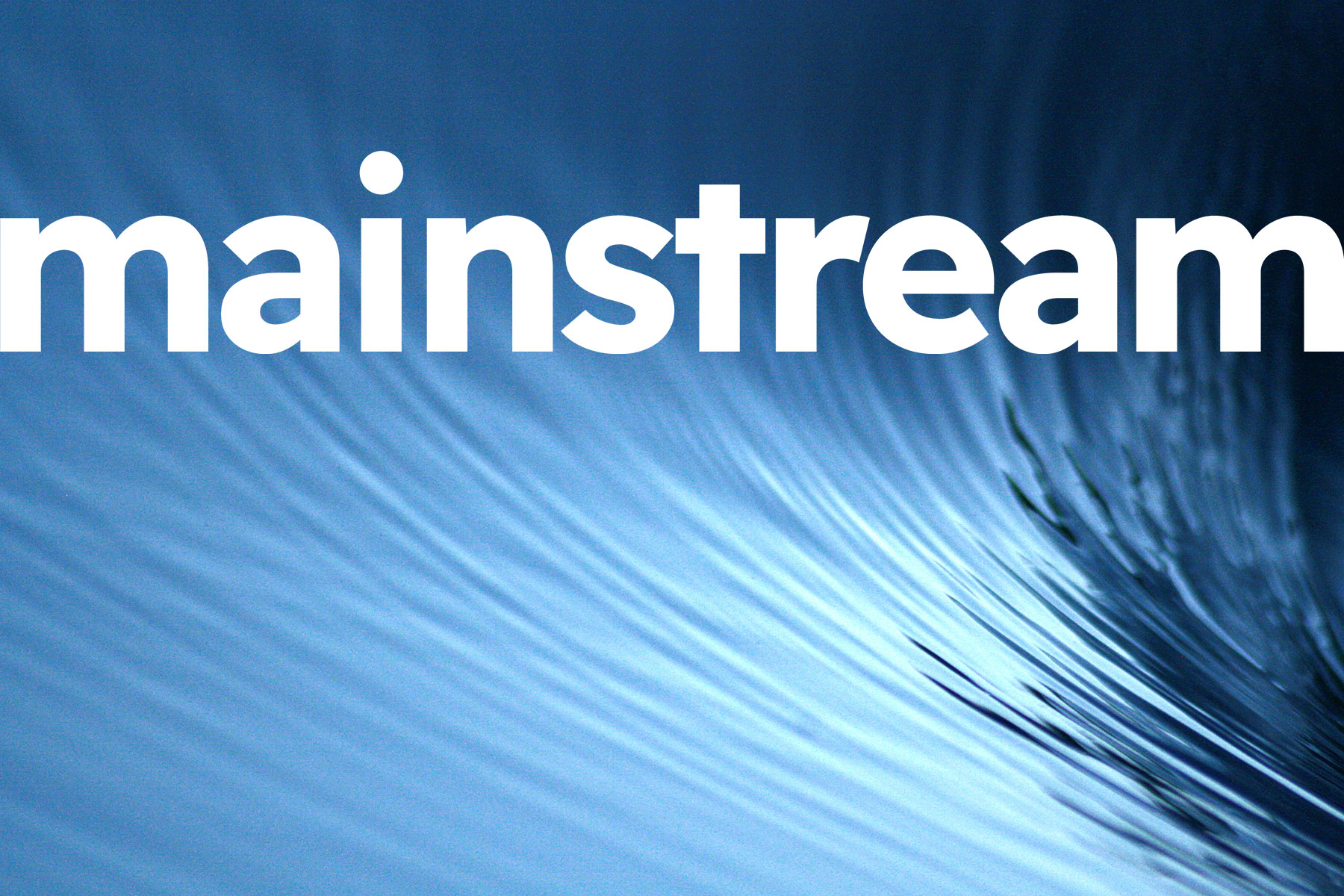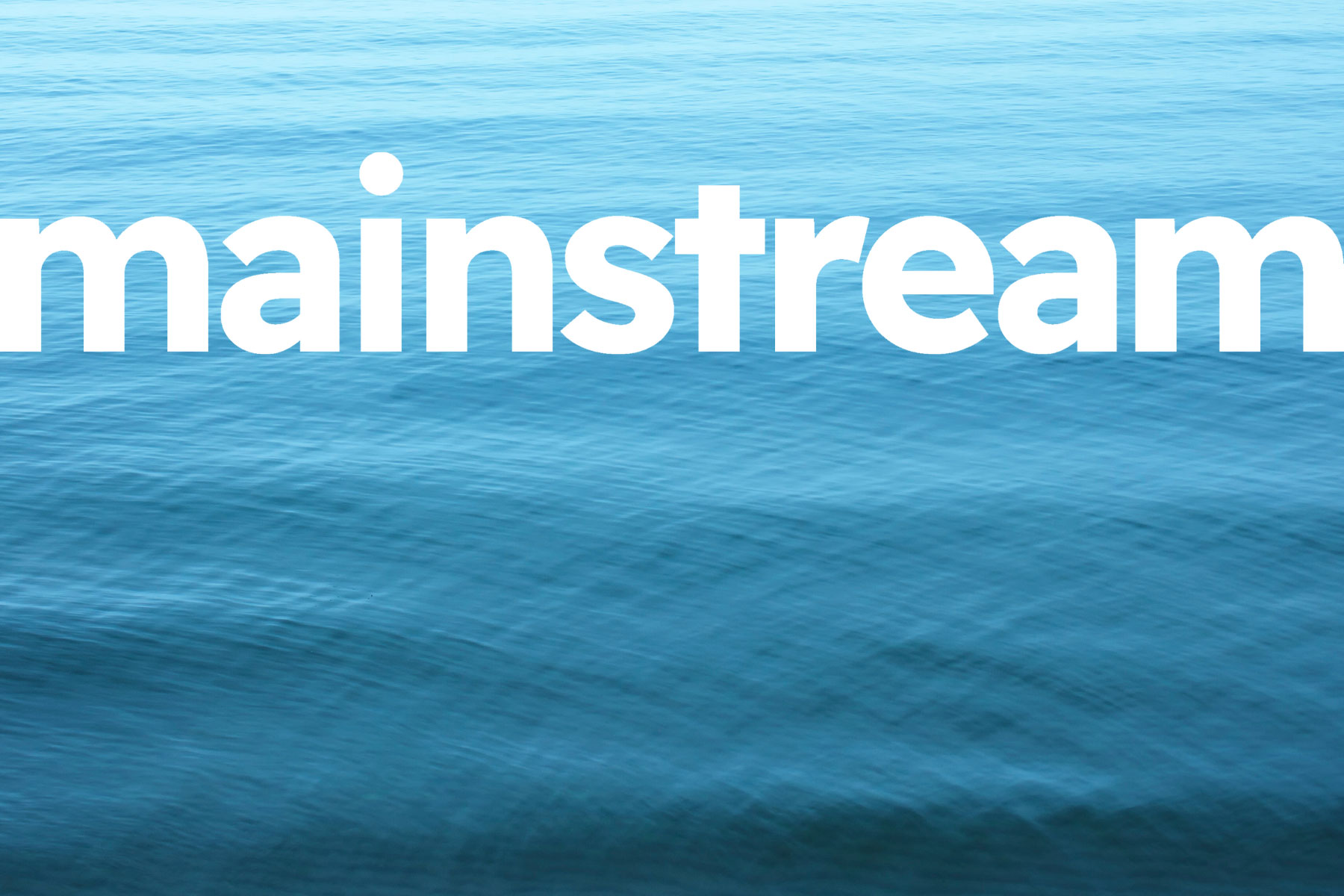Author
‘The VC Series’ is a series of articles aimed at founders who are thinking of raising funds from VCs. Further information about The VC Series can be found here.
After our previous article looked at founder vesting, this article looks at one of the other most emotive terms for a founder to negotiate – leaver provisions.
What are Leaver Provisions?
Leaver provisions are a key part of the negotiation process when a VC invests in a company.
They work so that if an employee shareholder (including a founder) leaves the company before an exit, that shareholder can either be compelled to sell some or all of their shares to the company, other shareholders, or an employee benefit trust set up by the company for that purpose, or some or all of their shares can be converted into worthless deferred shares.
The value at which they can be compelled to sell their shares, or the number of shares that are to be converted, will depend on the circumstances in which they left the company – specifically, whether they were a ‘good leaver’ or a ‘bad leaver’.
Why are they important to a VC?
One of, if not the, key reason that a VC decides to invest in a company is their belief in the management team and its ability to deliver.
The leaver provisions are therefore important to a VC for a few reasons, particularly:
- it discourages a founder or member of the management team from deciding to leave the business; and
- in circumstances where one does leave the business:
- it provides a mechanism to ensure that the leaver won’t be a powerful, troublesome presence (which can be both distracting to the remaining team, and off-putting to future investors);
- it prevents the departing member from sharing in any growth of the business that has been generated by the remaining team members; and
- it frees up equity to incentivise existing or future employees of the business.
What is a Good Leaver and a Bad Leaver?
What constitutes a good or a bad leaver will be the subject of negotiation. Generally speaking, though:
- a ‘good leaver’ will be someone who leaves the company for reasons not of their own doing – for example, death, ill-health, retirement, unfair dismissal or redundancy; and
- a ‘bad leaver’ will be someone who leaves the company where they have done something wrong, or for reasons within their control, such as gross misconduct, criminality, or termination for cause. The VC will though usually want to define a ‘bad leaver’ as anyone who is not a ‘good leaver’.
Where voluntary resignation sits is up for negotiation – often though it will be determined by when that person has resigned.
There is also typically included in the drafting flexibility so that the board, with investor consent, can always determine that someone is a ‘good leaver’, notwithstanding that they might otherwise have been a ‘bad leaver’.
What are the Consequences?
The position is always subject to negotiation and depends on the context of the transaction, so there is no one size fits all approach.
Typically though, one of the following will apply:
- the leaver can be compelled to sell some or all of their shares;
- some or all of the leaver’s shares will convert into worthless deferred shares; or
- nothing happens and the leaver is able to keep their shares.
If the leaver is a good leaver, they will generally be required to transfer their shares at fair market value – i.e., the value of the shares at the point at which they ceased to be involved with the company. This will be a value agreed between the leaver and the board (with investor consent) – failing agreement though, it will be referred to an independent expert.
A bad leaver will almost always either be required to transfer their shares at nominal value, or have them converted into worthless deferred shares.
These positions though can be subject to any vesting schedule (see the article here for more information on vesting).
How do the leaver provisions interact with any vesting schedule?
Notwithstanding the previous paragraph, regardless of the circumstances of the leaver’s departure, any unvested shares are likely to be treated as worthless.
The position regarding good leavers is though more a matter for negotiation. The founder’s position is typically that they should be capable of being retained, however, sometimes it is agreed that they should still be transferrable at fair market value (or a combination of the two).
Who buys the leaver shares?
As mentioned at the beginning of the article, where leaver shares are being transferred, they will typically be bought back by the company, an employee benefit trust of the company, or offered to other shareholders.
Are there any other types of leaver?
Leaver provisions continue to evolve, and it is increasingly common to see additional categories of leaver included as part of an investment round, with different consequences depending on what type of leaver you are. For example, it is now not that uncommon to see the following types of leaver – Good, Intermediate, Bad and Very Bad…
Do Leaver Provisions have to be accepted?
It is very unlikely that a founder will be able to generate significant investment from a VC without being required to accept leaver provisions in return. It is therefore a necessary evil of raising funds!
This isn’t to say though that a founder must accept whatever is proposed by a VC – there is plenty of scope for negotiation and it is important that you take advice to make sure what you are agreeing to is fair, reasonable, and not ‘off-market’.
The VC Series – Next Article
The final two articles in The VC Series explore provisions around the transfer of shares, including the right of first refusal, co-sale and tag-along rights, and drag-along provisions.
You can find details of all the different articles in the VC Series here.
If there is anything that we have not covered which you would find useful, then please let us know.
Author
MAINstream Female Founders Pitch Event
Applications for this pitch event close Wednesday 16 April. We are delighted to announce the return of our annual MAINstream Female Founders event. Following the...
MAINstream Cheltenham Pitch Event
Applications for this pitch event close Wednesday 16 May 2025. Following the success of MAINstream South West, we are delighted to be launching MAINstream Cheltenham...
MAINstream South West Pitch & Drinks Event
Applications for this pitch event close Wednesday 4 June 2025. If you are interested in joining the network and attending our events please email mainstream@michelmores.com for further...




